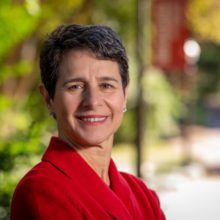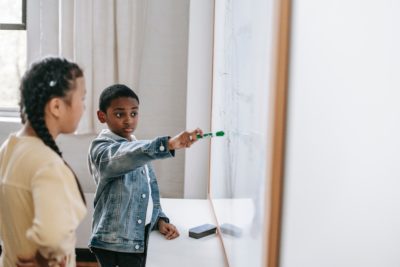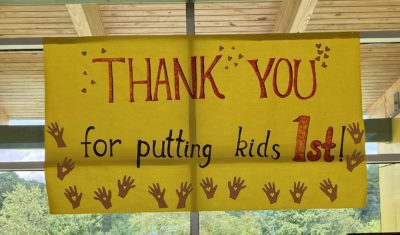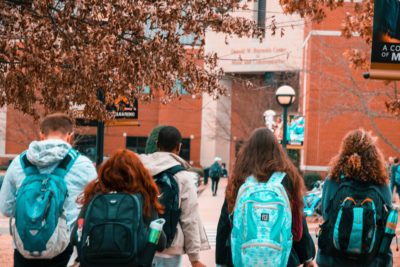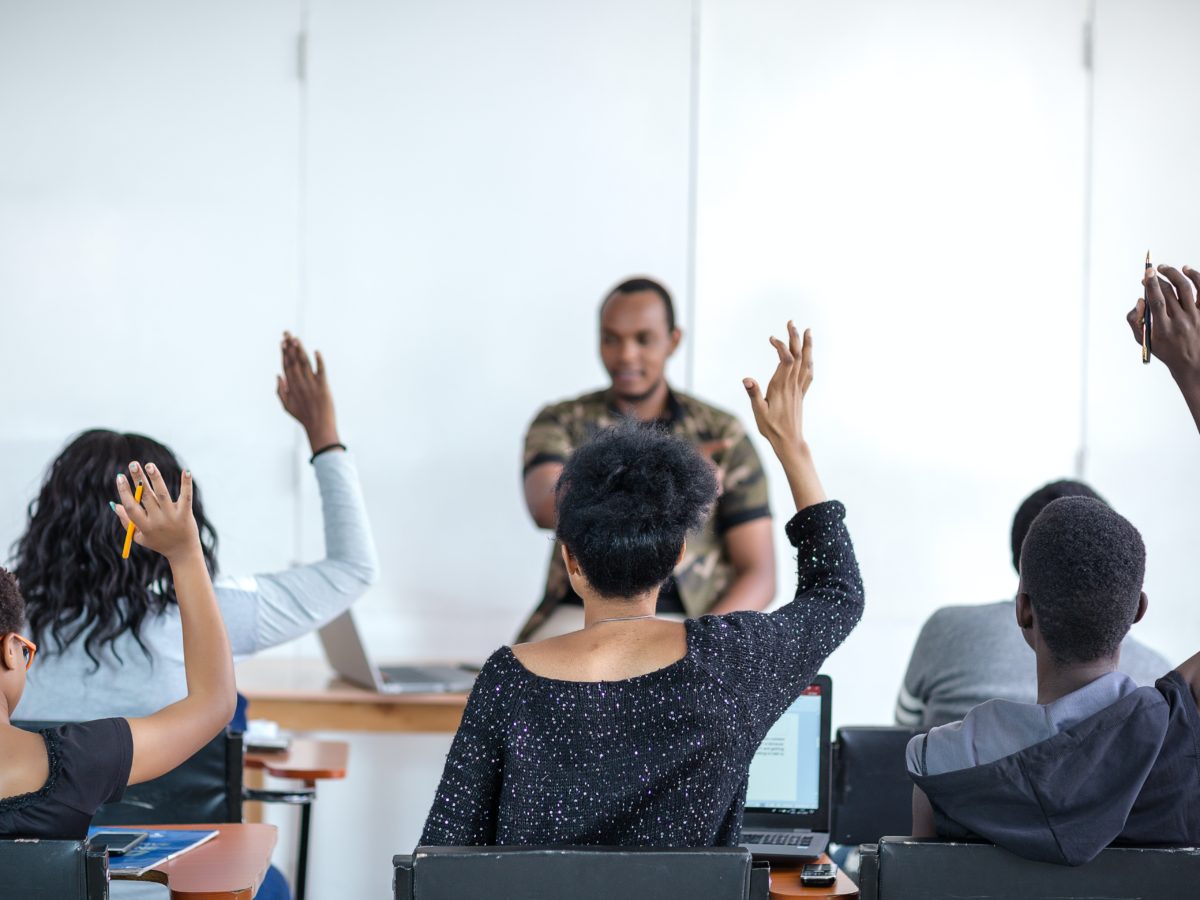

I recently had a conversation with a retired teacher who later went on to a successful career at a major technology company. She shared with me the difference she experienced when she was introduced as a teacher versus as someone who works in tech. “It is almost like they were sorry in the first case and curious in the second,” she noted. This disrespect for teachers is something she has been sensing again.
We owe it to educators (as well as all students) to ensure they feel the trust and respect they deserve. That is particularly important right now because teachers stay in the profession when they believe their voices are valued, and they have a supportive work environment. However, more than three-quarters of the teachers in a recent survey listed lack of respect as one of the serious issues they face. When more than 60% of Americans say they would not want their kids to become teachers, teachers feel disrespected. When teachers’ autonomy to make professional decisions is diminished, teachers feel disrespected.
Educators have specific professional knowledge that is developed through initial preparation, professional development, and reflective practice. This is the case for superintendents, principals, teachers, and many more educators who make up our school systems. In the case of teachers, they not only need to know the content they teach; they need to develop a type of knowledge called “pedagogical content knowledge,” which was first defined in the 1980s as knowledge that goes beyond content to include knowledge of teaching in specific domains. This knowledge is specific to the teaching profession, just as engineers, economists, architects, doctors, pharmacists and other professionals have knowledge that is specific to theirs. Thus, in the same way we respect other professionals for their knowledge, we should respect educators and trust their expertise.
But that’s not always happening. My colleague who moved to the tech field specifically mentioned limiting teachers’ choice of books to read in school as an example of the lack of respect shown to educators. Choosing what to read is an integral part of educators’ professional autonomy to make decisions regarding instruction. When educators’ options are reduced, it disregards their professional knowledge and sidesteps the processes through which instructional materials are selected in school. Teachers’ pedagogical content knowledge includes their ability to select appropriate materials to promote student learning, foster curiosity, and enhance students’ comprehension of the world. Limiting the books teachers can use removes important tools from their pedagogical repertoire.
As a dean of a College of Education, I think about the professionals we prepare. The idea that their professional choice of instructional tools is being challenged is worrisome. The reality that they are experiencing a sense of disrespect is disheartening. Educators who graduate from our colleges are prepared to focus on student learning, to impart knowledge, to promote growth, and to make sure everyone in their classrooms achieves their potential. That is the educator’s role. That is what they work for every day, despite all difficulties and challenges. Improvement is something we should always strive for, day-in and day-out, and educators in our schools are working above and beyond their call of duty to do the best they can to support all learners. Trust, resources, and better working conditions are what they need.
As a state, we need educators to stay in the profession. Each one of us can help make that happen by respecting them. When meeting teachers, principals, superintendents and other educators, be curious about their work. Learn from their professional knowledge. And let decisions that require educators’ professional knowledge ultimately rest in their hands.
